Capacitors play an important role in electrical engineering—and that includes the world of hi-fi. Want to know why capacitors are so essential in speakers and other audio equipment? Find out here!
Small multi-talents
Also known as “condensers,” capacitor are passive electrical components capable of storing an electrical charge in two separate electrodes, or “plates,” separated by a non-conducting material called a dielectric. The dielectric can be anything through which electricity does not pass from ceramic and glass to a specially formulated gel. Unlike batteries, transistors do not use a chemical reaction to charge the electrodes, but rather require an incoming current. Capacitors discharge if their electrodes are connected to a conducting material. Lightening is an example of two electrodes – two charged layers of clouds, or a charged layer of clouds and the earth – that are separated by the dielectric air. We all know what it looks like when this particular capacitor discharges. Two things from this example are obvious: Capacitors are powerful and they can discharge their stored electrical charge very quickly.
Among the many uses of capacitor are:
- Filtering frequencies
- Evening out a power supply
- Signal coupling and decoupling
- Signal processing
Ensuring an even voltage flow
Many of the above mentioned uses can be applied to the field of audio technology. For instance, capacitors are able to deal with rapid voltage changes – a very handy trait in the hi-fi area. They also help supply loudspeakers with a steady signal. For instance, if the bass level in a particular song increases very quickly, there may not be enough voltage available to power the speaker to the levels indicated by the audio signal. In such cases, capacitors can help out in the short term by lending their charged energy.
This is known as “evening out“ the voltage. Capacitors are often built into amplifiers to enable an even voltage flow. Not using capacitors would result in an undefined power supply that cannot be processed. Depicted graphically, the voltage would only consist of a large sine wave that fell back to zero volts after every peak. For a steadier result, these voltage gaps need to be filled by a capacitor’s saved energy. The capacitor never runs out of charge because it simply charges during the peaks of the wave and discharges during the gaps.
For coupling amplification stages
An additional use for capacitor is the coupling of two amplification stages, for example the amplifier with the amplifier. Ideally, only the AC voltage should be transmitted from the preamp to the amp, not the DC voltage. With capacitor , this is easily enough arranged: When a capacitor is attached to a battery and is fully charged, no further direct current can flow through. Alternating current, however will continue to flow. A capacitor that serves to block DC voltage from AC voltage is known as a coupling capacitor.
Microphones also use coupling capacitors to block DC signals from the signal that is being recorded. While the DC signal is needed to power the microphone, only the AC signal is required in the finished audio recording.
These products might interest you:
Segue to the crossover
The Teufel Audio blog recently discussed another important audio component, namely the crossover. There are many different capacitors in various sizes used in crossovers as well. Without capacitors, crossovers could not function properly. The job of capacitors is to allow only the high frequencies to pass. The inductor (also known as a coil or choke) assumes the opposite task by letting only the low frequencies pass. It does this by storing energy in magnetic instead of electrical form. Inductors are low pass filters and capacitors are high pass filters. The inductors and capacitors will be vary in size in accordance with the type of loudspeaker the crossover that contains them is built for.
Understanding capacitor values
The bigger the capacitor, the greater will be the charge it is capable of. The exact charge a capacitor can emit is usually given on the unit. If this is not the case, it is theoretically possible to calculate it oneself using a formulaOpens in new tab.
Capacitor values are given in farad (F), usually in microfarad (µF) and volts (V). The farad value indicates what is known as a capacitor’s capacitance rating, or simply capacitance, which tells us how much energy a capacitor contains at a given voltage. A capacitor with a 1 farad capacity, can be charged with 1 volt. In addition, the load will be given on the capacitor as a voltage rating. This indicates the amount of voltage a capacitor can be exposed to before it becomes damaged. Most manufacturers will use capacitors equipped to handle more volts than the system will typically give it. This is done to give the system a safety margin. For instance, if a capacitor is driven by +50 volts, one can expect to find a value of 63V and 5,000 µF on its capacitor. Note that unlike a battery, this value does not indicate the charge amount, but rather the maximum to which it can be charged. The manufacturer usually guarantees that the capacitor will correctly operate under these conditions up to between 70 and 80 degrees Celsius.
What can I do if a capacitor stops working?
A capacitor can break down due to the effects of heat over 80 degrees. White smoke rising from the amplifier’s enclosure is a sign of a defective capacitor. Whoever has owned a few older HIFI devices has probably had to exchange a capacitor at some time or other.
The following video gives some helpful tips for those who would like to try replacing a faulty capacitor themselves, though one should always bear in mind that a capacitor with a high voltage can be an extremely dangerous – even deadly – thing to handle. This is one of the reasons we recommend referring to an expert when in doubt.
Aside from intense heat, capacitors can be damaged in many other ways. Very often the dielectric, or the insulating material uses between two electrodes, is affected. The dielectric in many capacitors consists of a gelled water mixture which can dry out after some time. When this happens, the capacitor either stops working or short circuits. A loud bang and the appearance of smoke already mentioned in this article are the result.
It’s difficult to guess how long a capacitor can last. Some cease to work after just 5 years, while others can last for 20 years. A few capacitors have even been known to faithfully perform their jobs for over half a century.
Built to last: High-quality stereo speakers from Teufel
Of course, we can’t promise that your new Teufel stereo speaker systemOpens in new tab will last half a century – but it just might. What we can promise is best sound for all your listening scenarios, right in your living room. Discover the ULTIMA-te sound experience!
▶ ULTIMA 40 KOMBO 3Opens in new tab: The all-in-one solution for full sound enjoyment! Featuring the new ULTIMA 40 floorstanding speakers and the KOMBO 62 Mk2 CD receiver, this set is perfect for rooms up to 35 m². With 2 x 130 watts of power, the receiver delivers lively and powerful sound – whether you’re listening to your favorite music or enhancing your TV audio. It also includes Bluetooth with AAC and DAB+ for digital radioOpens in new tab.
▶ Theater 500 Surround “5.1-Set”Opens in new tab: The all-rounder for music enjoyment, home cinemaOpens in new tab with surround sound, and gaming fun features a precise 3-way system. Thanks to the bass reflex design, these floorstanding speakersOpens in new tab deliver excellent sound no matter where you place them.
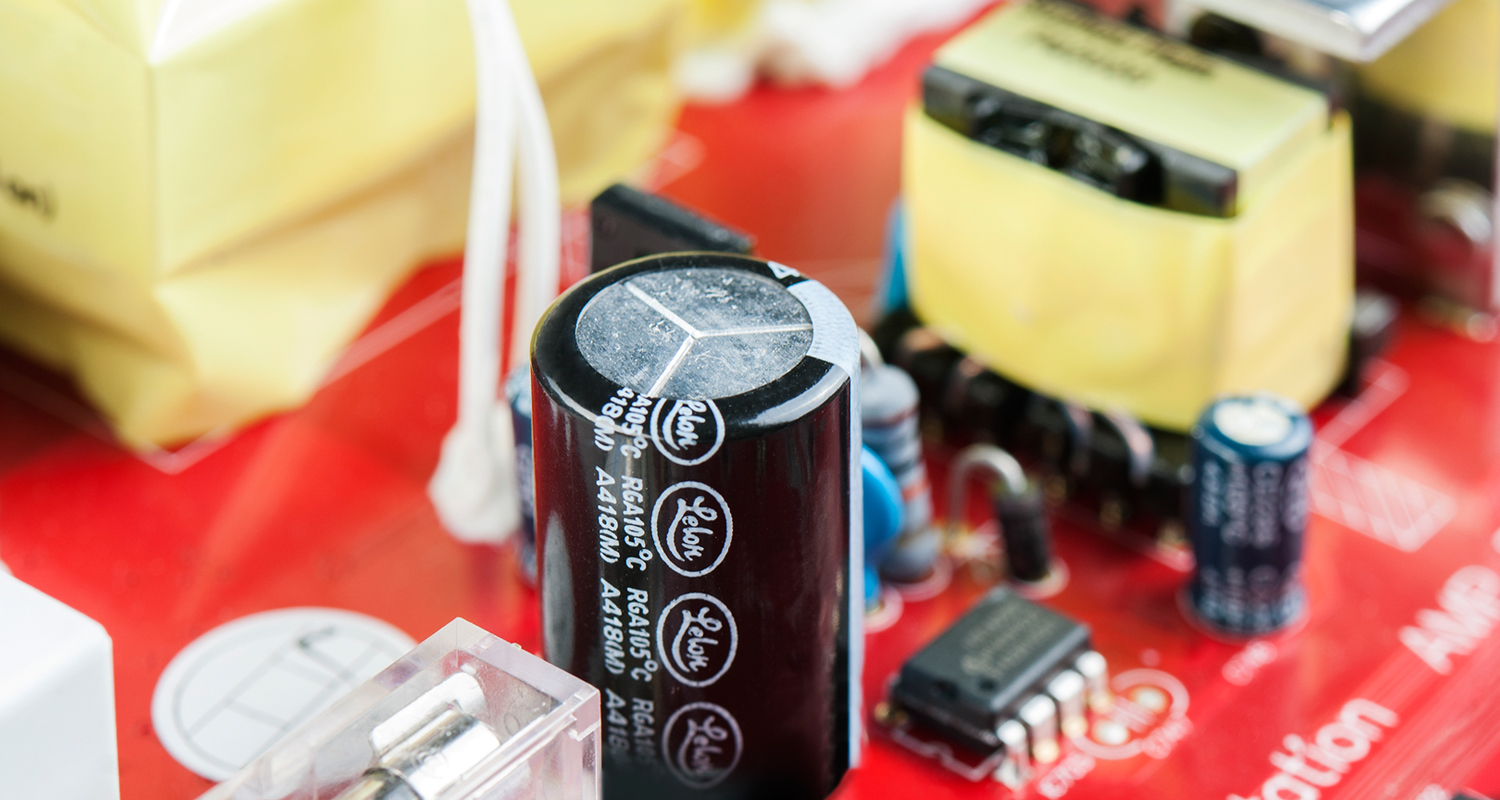
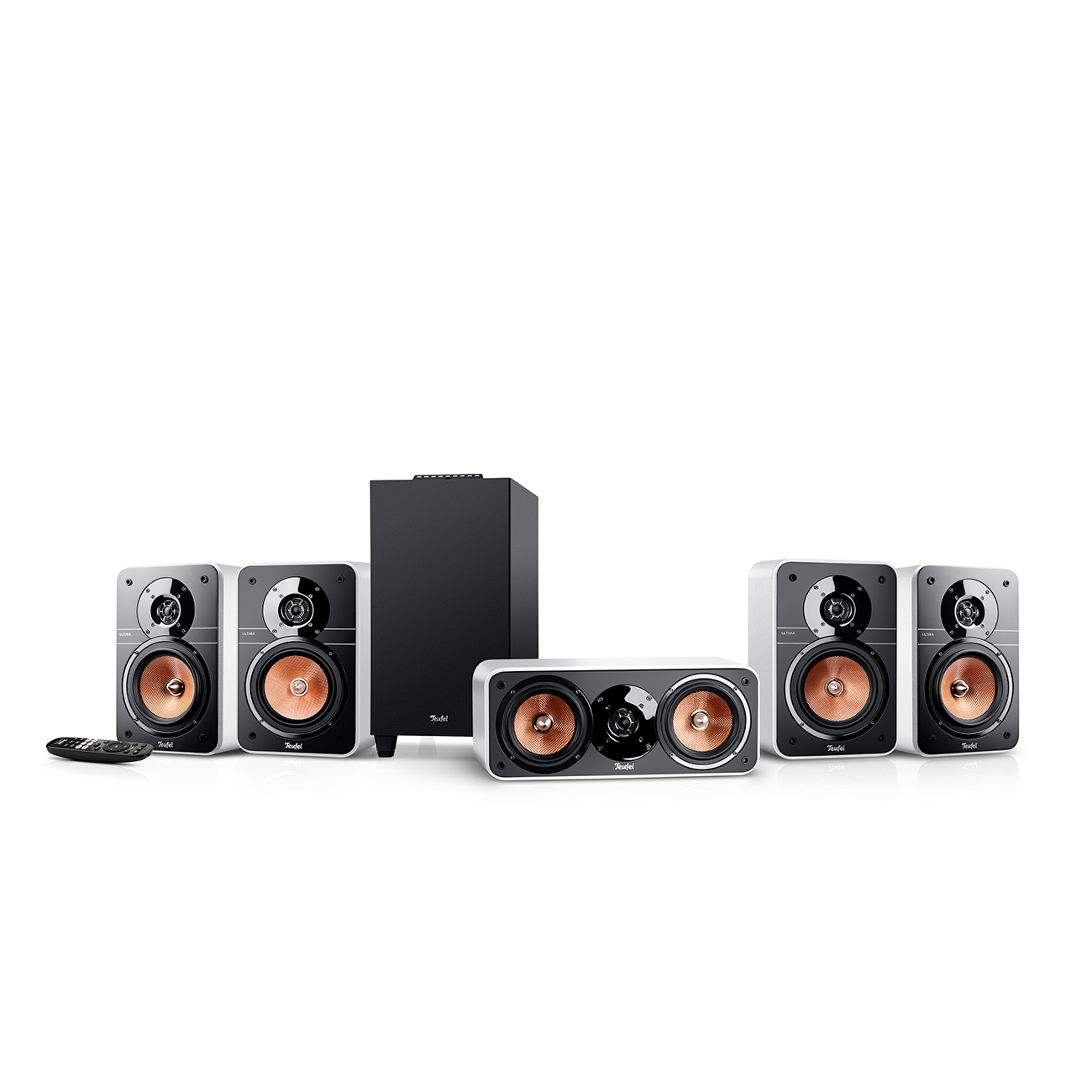
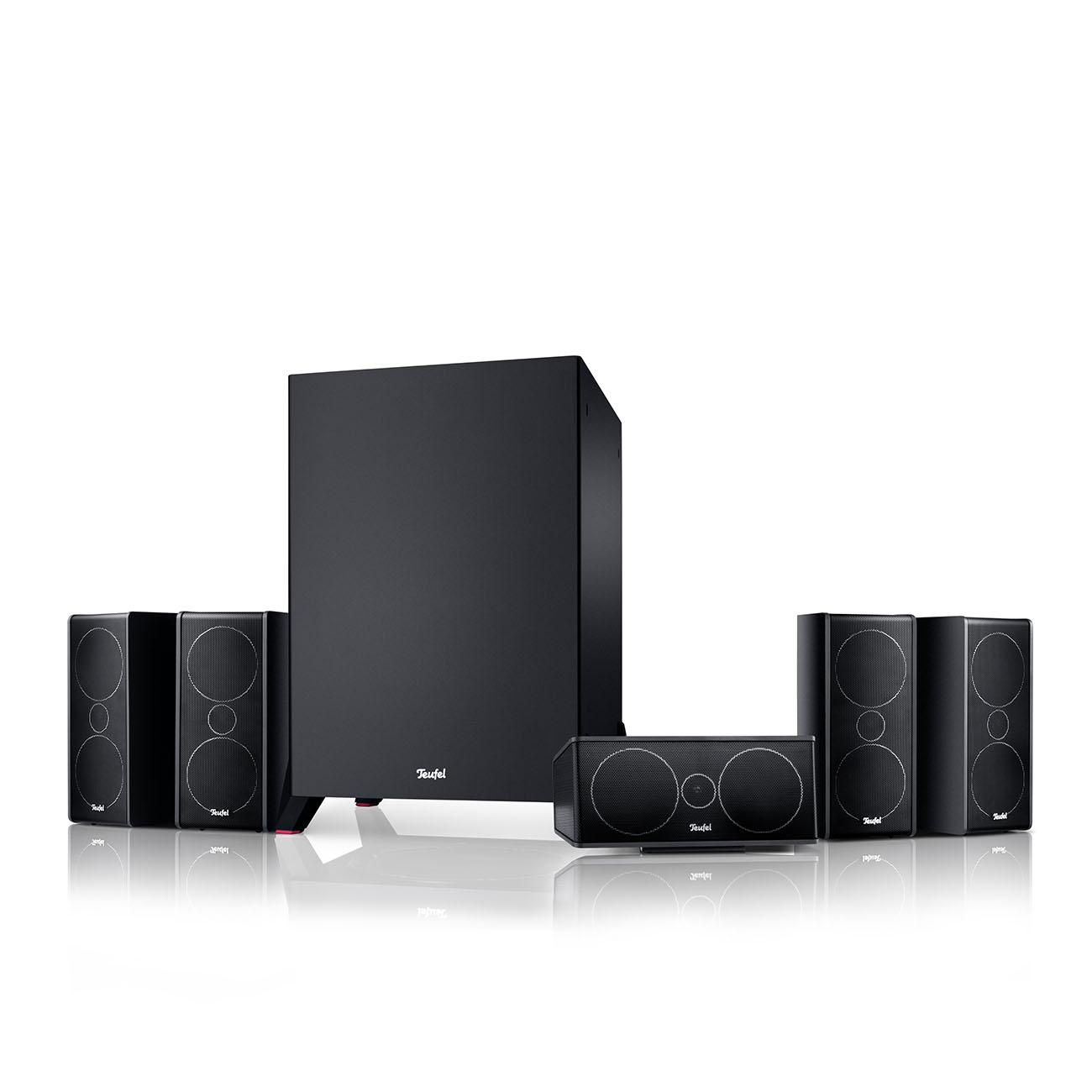
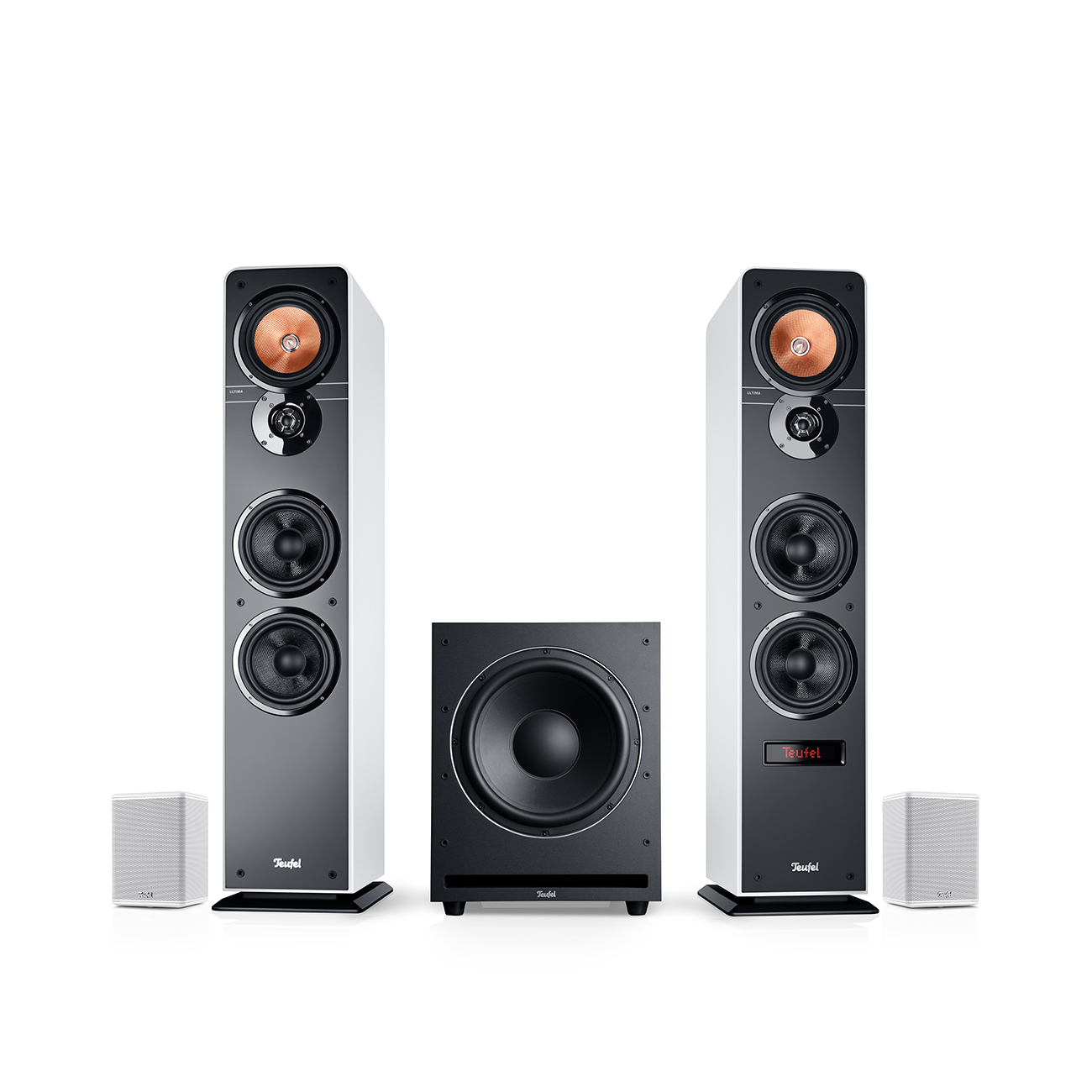

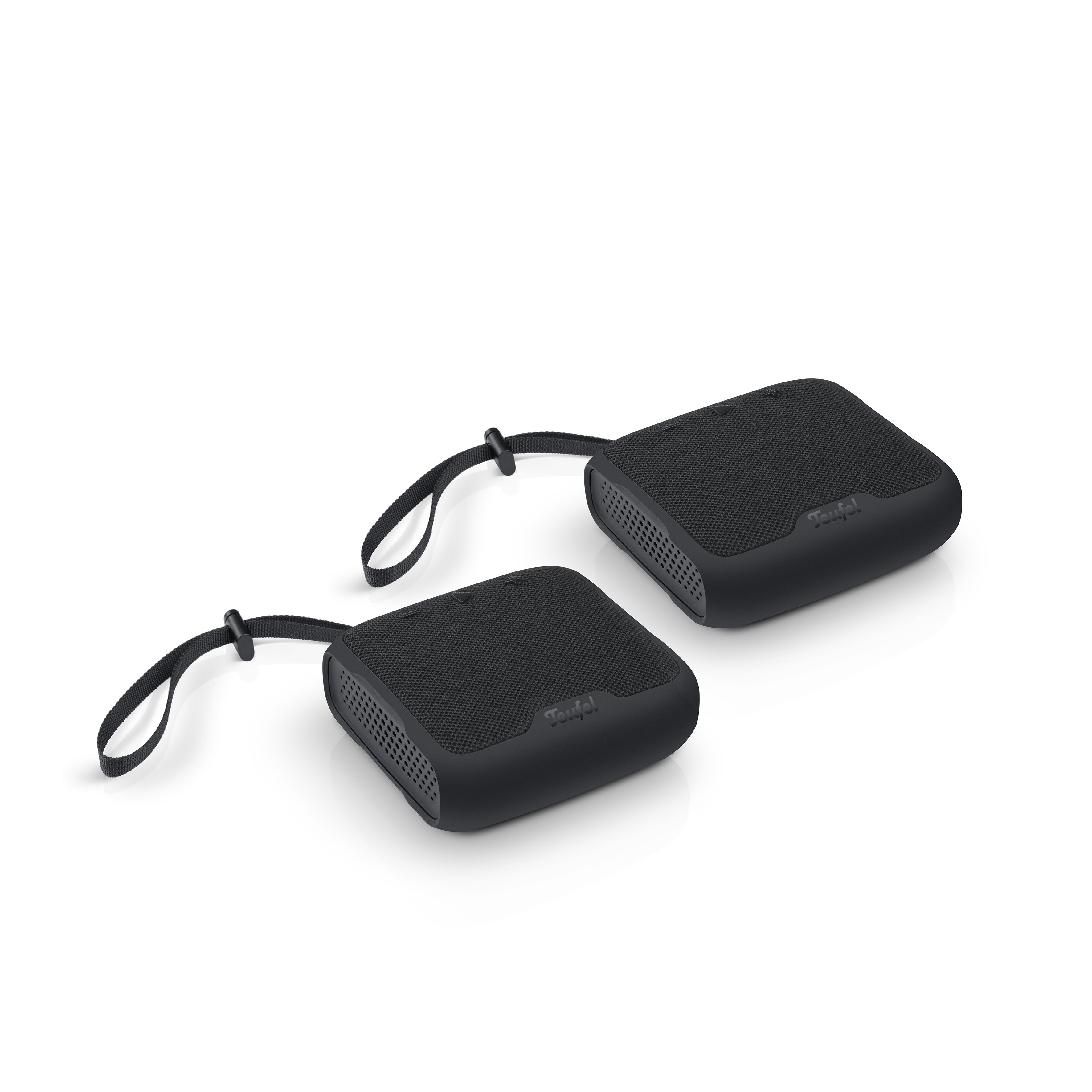
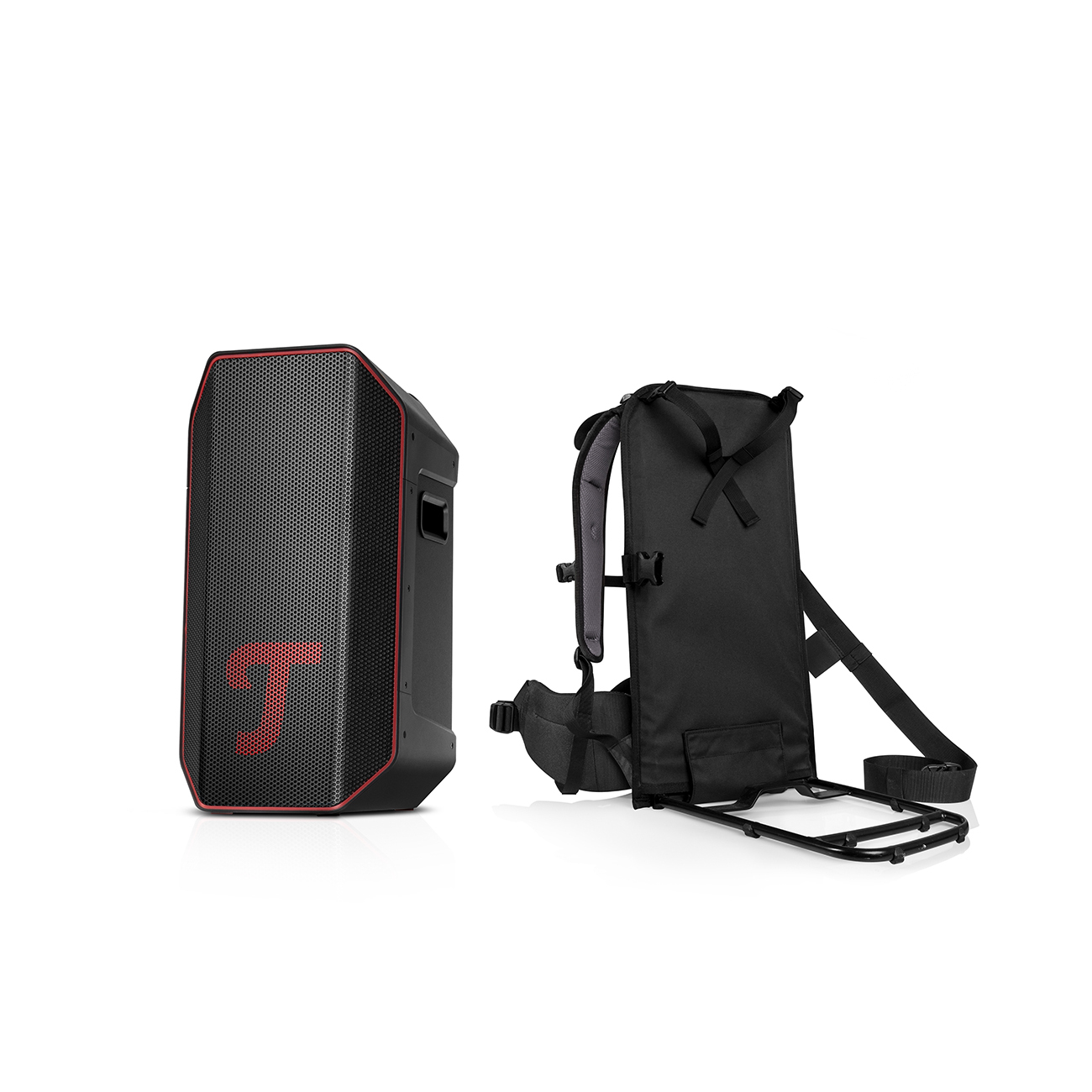
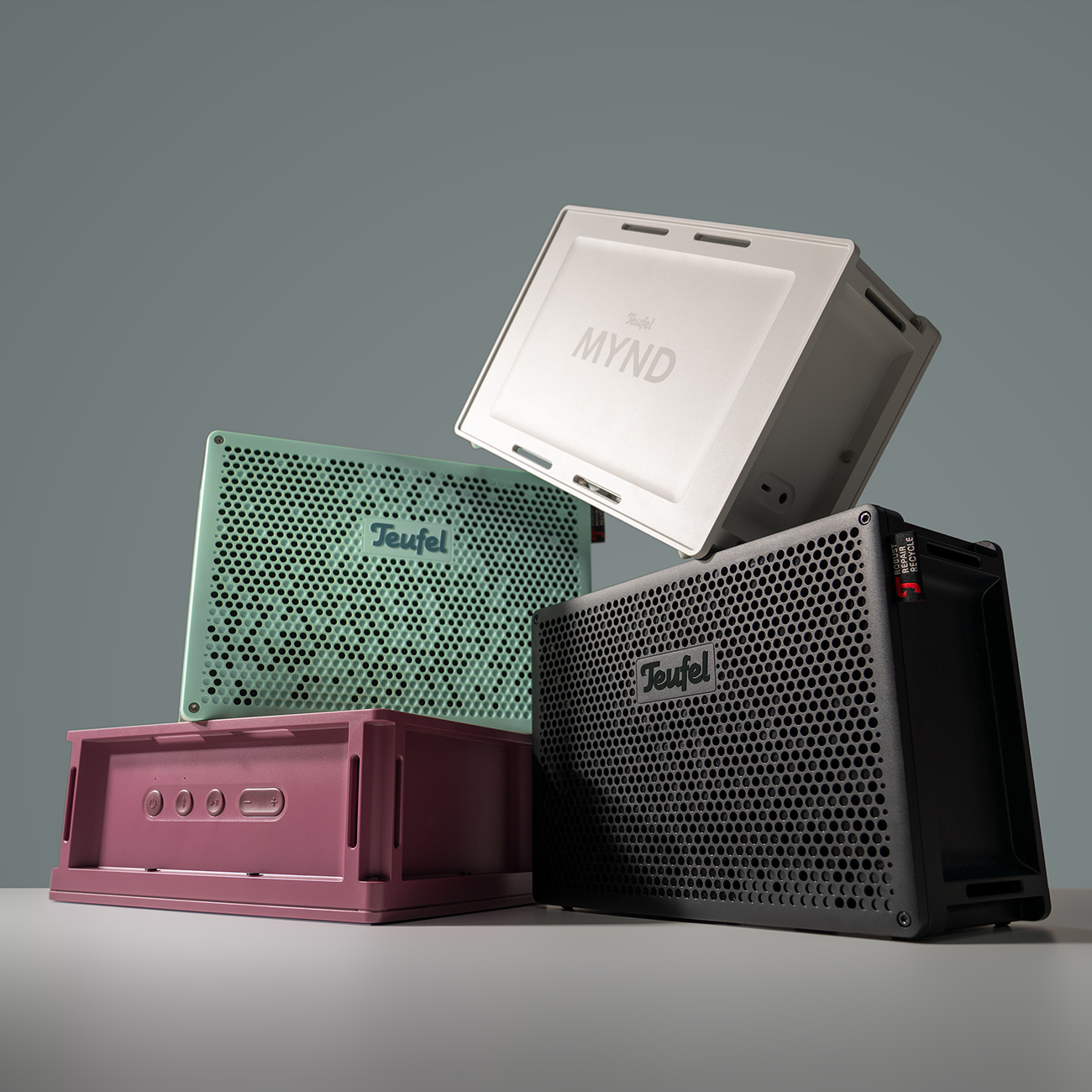

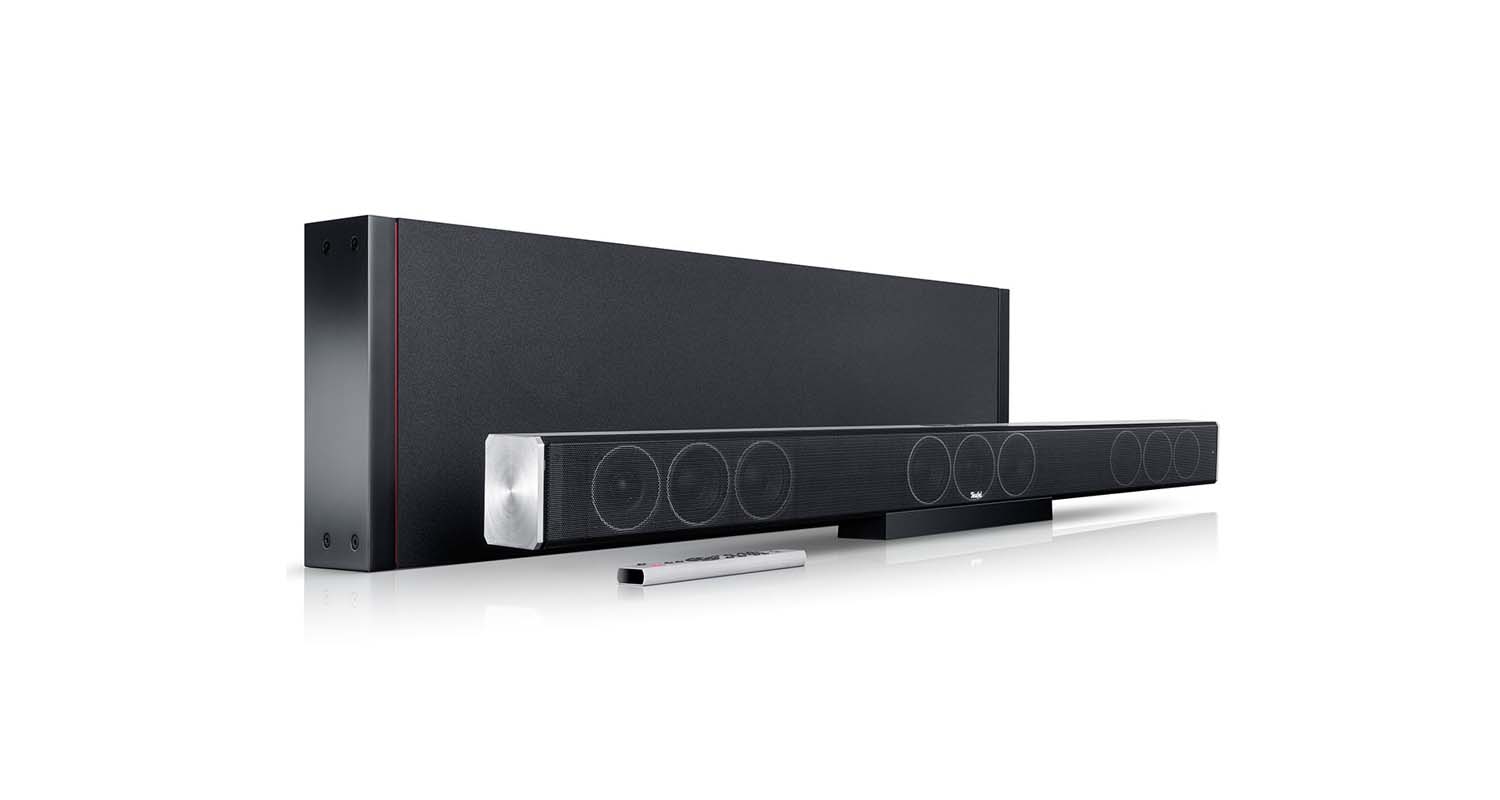
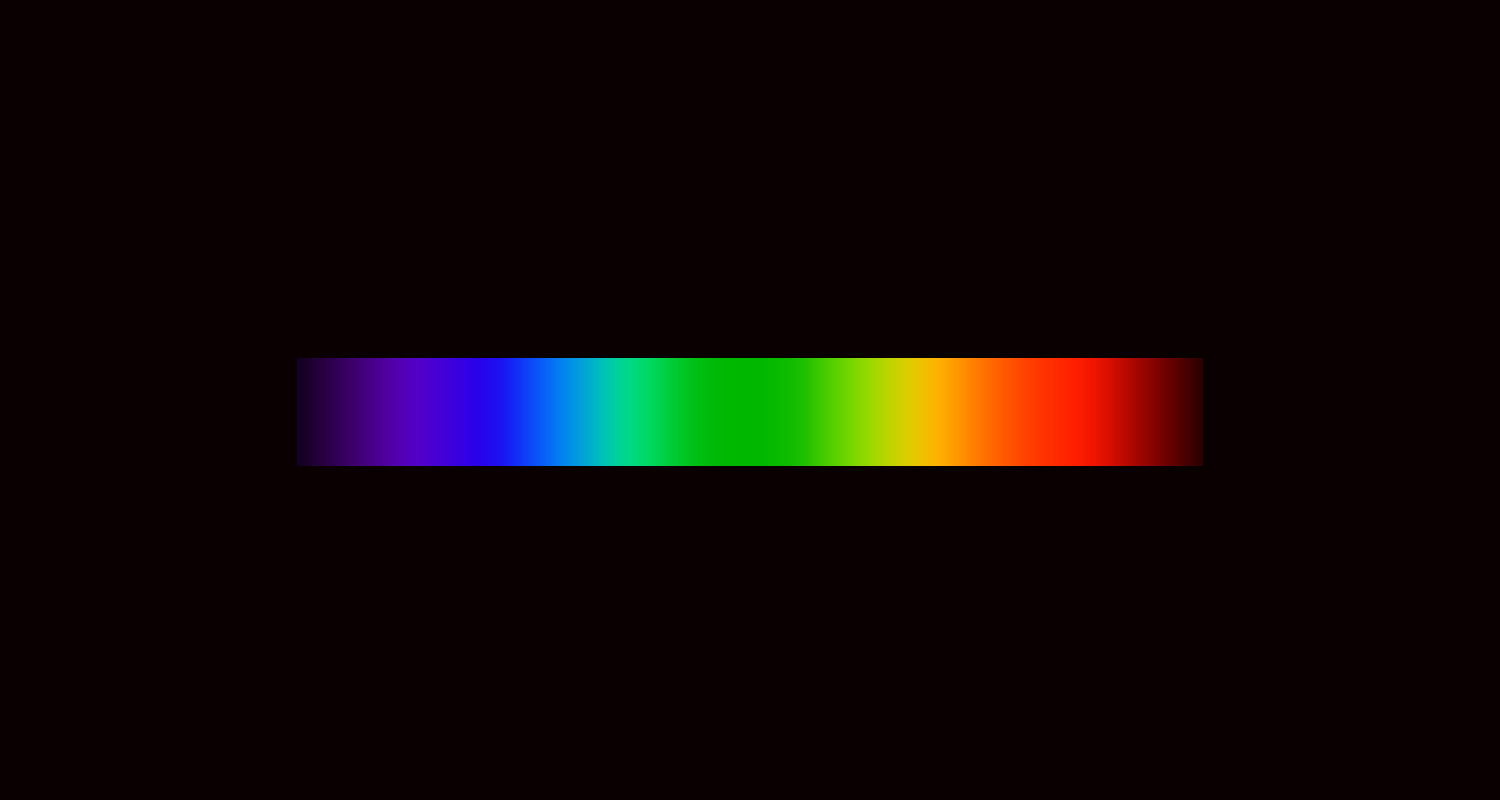
4 responses to “Capacitors in loudspeakers explained”
Thank you for a simple explanation of a complicated subject for newbies,
nice blog
Excellent explanation, thanks for info
Capacitors
Good information…….nice blog……thanks for information
Capacitors